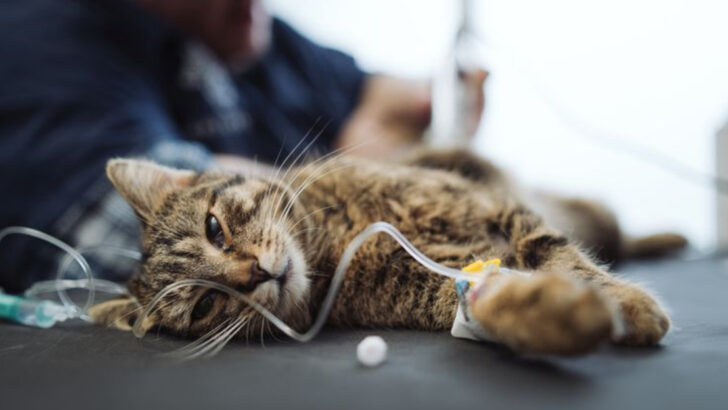Death doesn’t wait for a vet’s office.
One moment your cat is curled up in their favorite sunny spot.
The next… everything is still.
Losing a cat at home is heartbreaking, confusing, and, honestly, overwhelming.
What are you supposed to do next?
Who do you call?
Where do you even begin when your best friend has just taken their last breath?
It’s not something anyone wants to think about—until they have to.
But having a plan can turn panic into peace.
Let’s walk through the quiet, heavy steps together.
Here are 15 things to know if your cat passes away at home.
Immediate Steps to Take
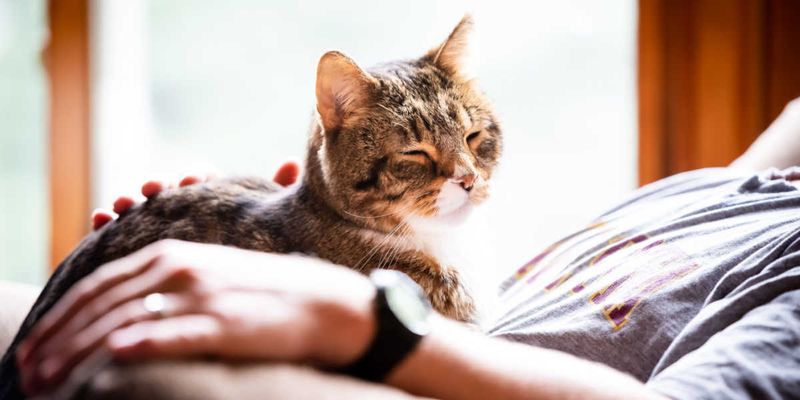
When your beloved cat passes away at home, the initial moments can be overwhelming. Begin by ensuring you have a calm environment, allowing yourself a moment to breathe and gather your thoughts. It’s essential to verify that your pet has indeed passed. Look for signs like the absence of breathing and a lack of movement.
Once confirmed, gently wrap your cat in a soft towel or blanket. This helps in preserving their dignity and provides a sense of comfort for you. Remember, it’s okay to feel a mix of emotions, including sadness and relief. This is a natural part of the grieving process.
Contacting a Veterinarian
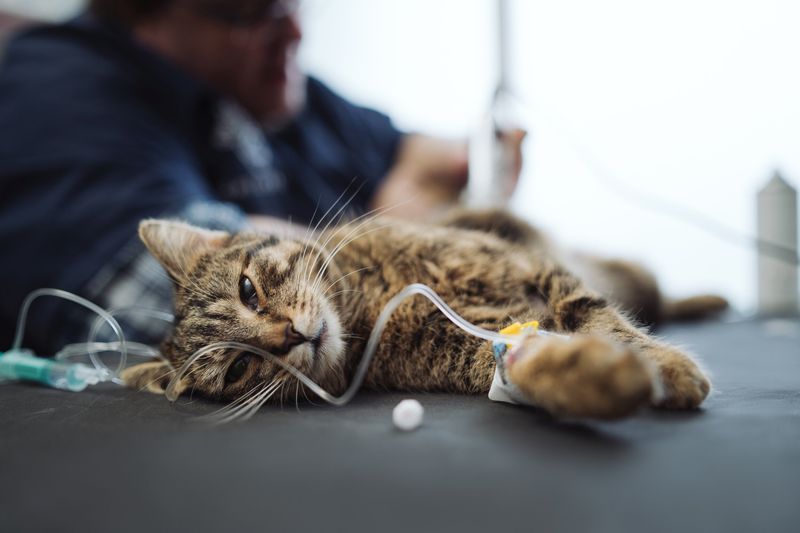
After confirming that your cat has passed, contact your veterinarian. They can provide guidance on handling the situation and offer emotional support. Veterinarians often have resources or services to help with aftercare, such as cremation or burial.
Discuss your options and any necessary paperwork. Your vet may also offer a paw print or a small memorial item, helping to keep your pet’s memory alive. Remember, it’s okay to ask questions and express your feelings. Veterinarians understand the bond between pets and owners and are there to support you.
Considerations for Burial or Cremation

Deciding between burial and cremation is a personal choice that depends on your beliefs and preferences. If you choose burial, check local regulations to ensure it’s allowed in your area. Many pet owners find comfort in burying their cat in a favorite spot in the garden, creating a peaceful resting place.
Cremation is another option, allowing you to keep your pet’s ashes as a keepsake or scatter them in a meaningful location. Discuss these options with your veterinarian or a local pet funeral service to understand the process and make an informed decision.
Pet Memorial Ideas

Creating a memorial for your cat can be a healing experience, allowing you to celebrate their life and the joy they brought to yours. Consider framing a favorite photo, placing it alongside a paw print or a small toy that was cherished by your feline friend.
You might light a candle in their memory or plant a tree in your garden as a lasting tribute. Personalizing a small corner in your home with these elements can offer comfort and a place to reflect on your shared memories. Let your creativity guide you in honoring their unique spirit.
Dealing with Grief and Emotions
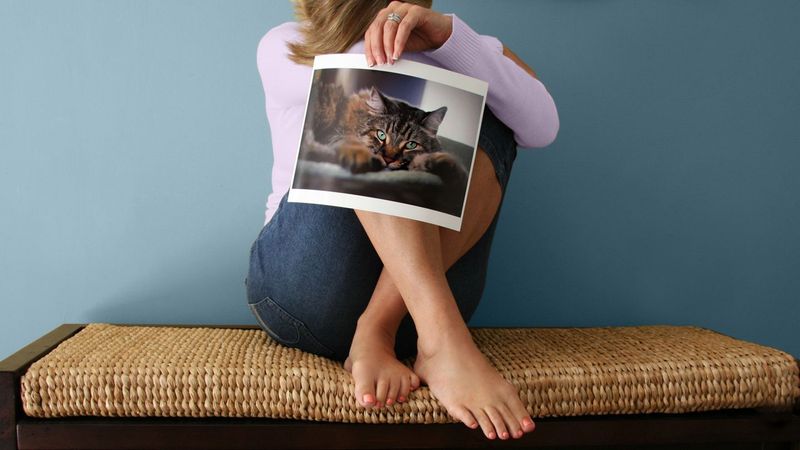
Grieving the loss of your cat is a personal journey that takes time. Allow yourself the space to feel and express your emotions, whether through tears, writing, or talking with loved ones. Journaling can be particularly therapeutic, helping you process your feelings and reflect on happy memories.
Reach out to friends or support groups who understand the depth of your loss. Remember, there’s no right or wrong way to grieve. Each person’s experience is unique, and it’s important to honor your feelings as you navigate this challenging time.
Talking to Children About Loss

Explaining the loss of a pet to children requires sensitivity and honesty. Use simple, age-appropriate language to help them understand what has happened. Encourage them to express their feelings and ask questions.
Share stories and memories of your cat, allowing children to commemorate their pet in their own way. This might include drawing pictures, writing a letter, or creating a small memorial. Assure them that it’s okay to feel sad and that their feelings are valid. Open communication will help them process their grief and cherish the bond they had with their furry friend.
Handling Other Pets’ Reactions
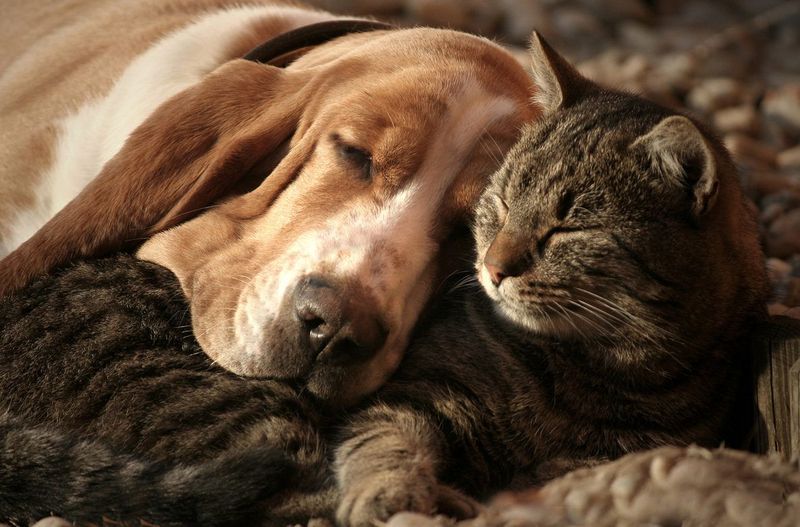
Other pets in the household may also feel the absence of your cat and react in noticeable ways. They might search for their missing friend or exhibit changes in behavior such as increased clinginess or decreased appetite.
Maintain a routine to provide stability and comfort during this time. Spend quality time with your surviving pets, offering extra affection and attention. Monitor their health and behavior closely, and consult a veterinarian if you notice any concerning changes. Acknowledging their grief is part of the healing process for the entire family.
The Importance of Self-Care

During this emotional time, it’s crucial to prioritize self-care. Grieving the loss of a pet can be physically and emotionally draining, so take steps to nurture yourself. This might involve engaging in activities that bring you joy or relaxation, such as reading, meditating, or spending time in nature.
Ensure you’re eating well, staying hydrated, and getting plenty of rest. Remember, seeking support from friends, family, or even professional counselors can provide additional comfort and guidance. Self-care is not selfish; it’s an essential part of healing.
Seeking Support from Others

Connecting with others who have experienced the loss of a pet can be profoundly comforting. Support groups and online communities offer a space to share stories, feelings, and advice with people who truly understand your experience.
Don’t hesitate to reach out to friends or family members who can lend a compassionate ear. Sometimes, simply talking about your cat and the happy moments you shared can be incredibly healing. Remember, you’re not alone in your grief, and support is readily available if you seek it.
Exploring Creative Outlets
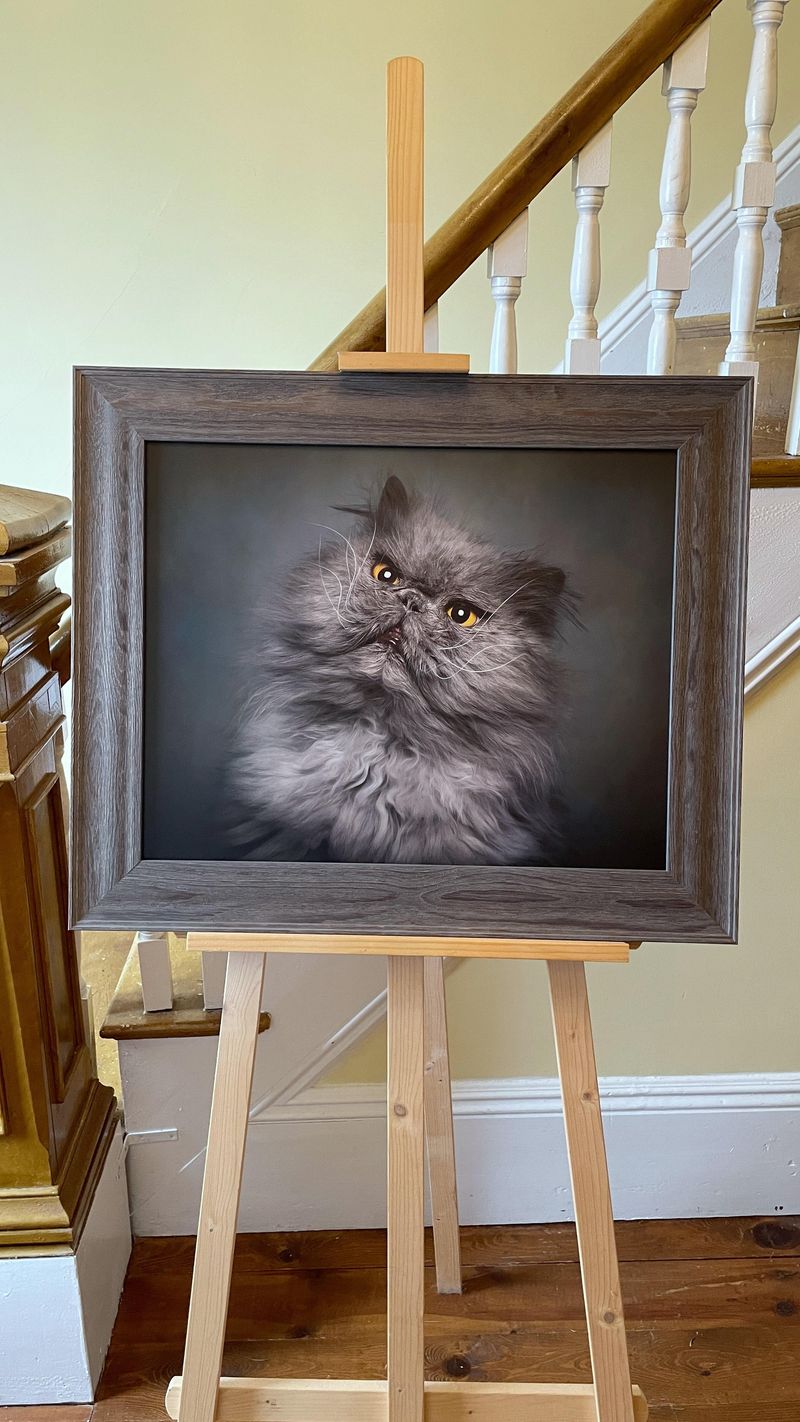
Expressing your emotions through creative outlets can be a powerful way to heal after the loss of a cat. Consider painting, drawing, or crafting something in memory of your pet. These activities can provide a sense of peace and help channel your grief into something tangible and beautiful.
Writing poetry or stories about your cat’s life and adventures can also be therapeutic. Sharing these creative expressions with others may even inspire them to honor their pets in similar ways. Embrace your creativity and allow it to lead you through the healing process.
Understanding the Stages of Grief

The journey through grief comprises various stages, including denial, anger, bargaining, depression, and acceptance. Recognizing these stages can help you understand your emotional responses and validate your feelings.
It’s important to remember that grief is not linear; you may move back and forth between stages. Give yourself permission to grieve in your own way and at your own pace. Accept that healing takes time and there is no “right” way to navigate this journey. Being patient with yourself is key to finding peace after loss.
Commemorating Your Cat’s Life
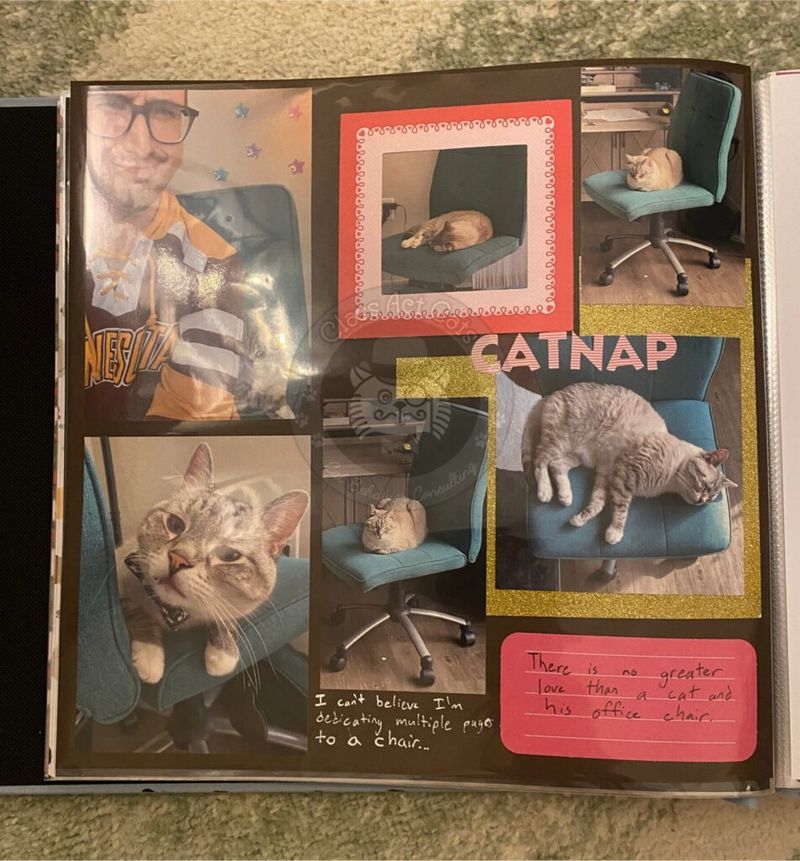
Creating a tribute to commemorate your cat’s life can be a meaningful way to celebrate their impact on your life. Consider putting together a scrapbook filled with photos, notes, and treasured memories that capture the essence of your feline friend.
You may also write a poem or a letter expressing your gratitude for the love and companionship they provided. Sharing these commemorations with others who knew your cat can further enhance the sense of connection and healing, allowing you to cherish the joy they brought into your life.
Navigating Anniversary Dates

Anniversaries of your cat’s passing can be challenging, bringing emotions to the surface. Preparing for these dates by planning a meaningful activity or ritual can offer comfort and a sense of connection.
Consider lighting a candle, visiting a favorite spot you shared, or reflecting on cherished memories. These moments can become opportunities for healing and gratitude. Surround yourself with supportive friends or family who understand the significance of these anniversaries, allowing you to honor your cat’s memory with love and resilience.
Deciding When to Welcome a New Pet
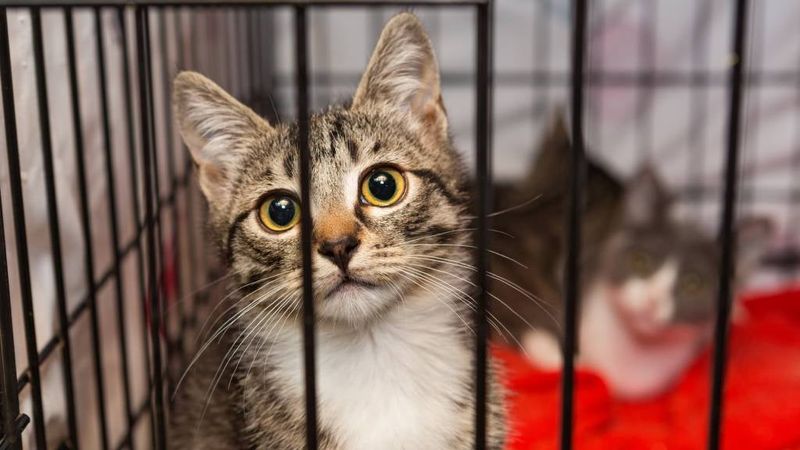
Welcoming a new pet into your home is a deeply personal decision that requires careful consideration. Reflect on your emotional readiness and the dynamics of your household. Take time to process your grief fully before making this commitment.
Discuss the idea with family members, weighing the responsibilities and joys a new pet would bring. Remember, there’s no rush; take as much time as you need. When the time feels right, consider adopting a pet from a shelter, giving another animal the chance to bring joy and companionship into your life.
Creating a Legacy for Your Cat

Establishing a legacy in your cat’s name can be a fulfilling way to honor their memory and impact future pets’ lives. Consider donating to a pet shelter or sponsoring an animal in need, embodying the love your cat gave you.
Volunteering your time can also create a lasting tribute, whether through hands-on work at an animal shelter or organizing a fundraiser. These actions not only honor your cat’s spirit but also contribute to a brighter future for other animals, allowing their legacy to live on through acts of kindness and compassion.

